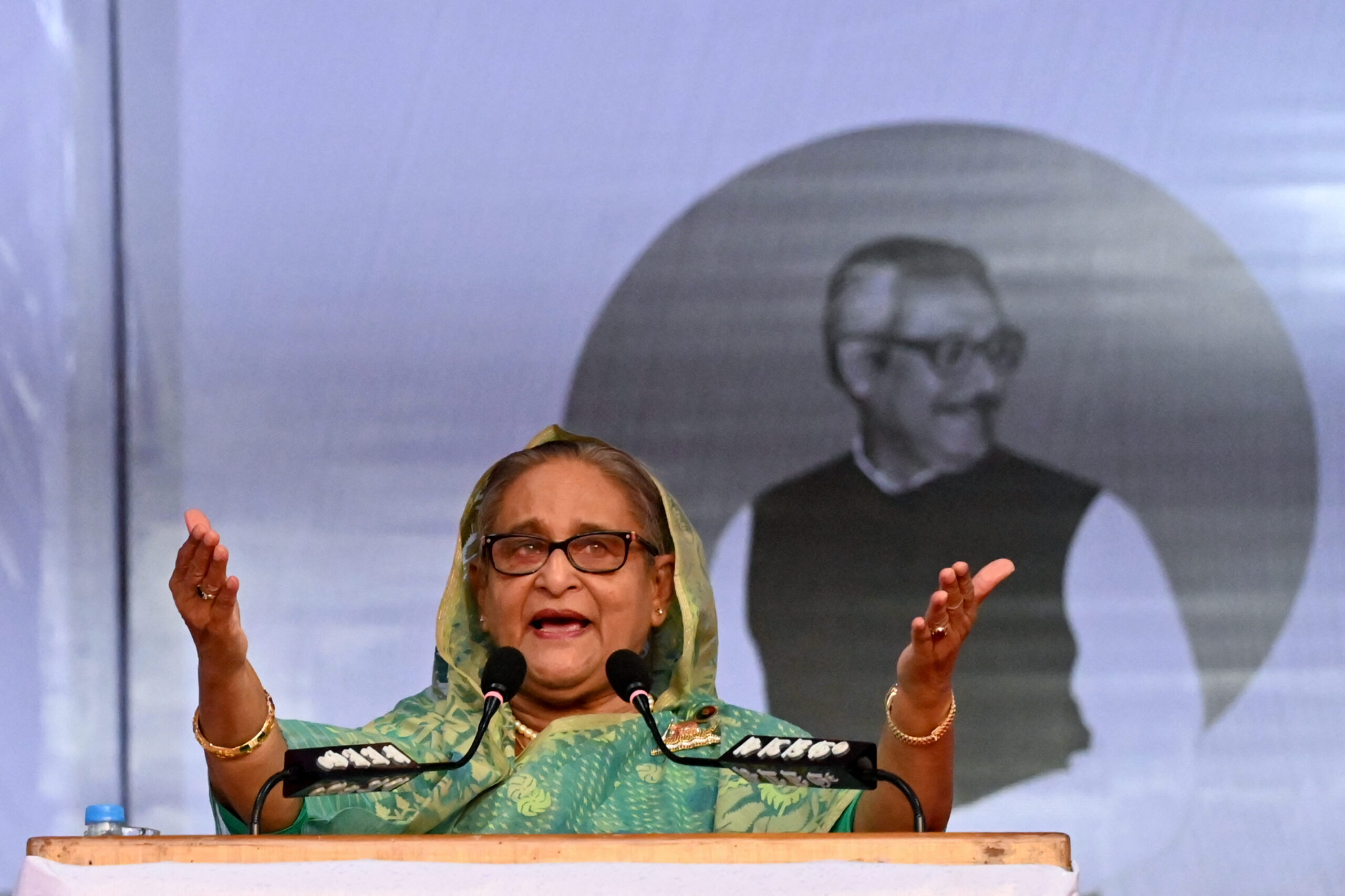
By: Shajil Kumar
The anti-India sentiment is once again on the boil in Bangladesh amid allegations of interference by the Indian government in general elections held last month.
Opposition party groups and Bangladeshi diaspora have given calls to boycott Indian goods in Bangladesh and are running social media campaigns in this regard.
Last week many retailers in Dhaka refused to take new deliveries of products manufactured by Indian consumer goods giant Marico as they are stuck with unsold products, reports Al Jazeera.
It is not just Marico, other prominent players such as Amul and Dabur are also being targeted on social media.
In the January 7 general elections, prime minister Sheikh Hasina secured a fourth term by capturing 223 seats out of 300 in parliament. The opposition Bangladesh Nationalist Party (BNP) and its allies boycotted the polls, and questions are being raised over the fairness and legitimacy of this election.
However, New Delhi welcomed Hasina’s victory as it was keen to see her return to power. She was instrumental in acting against anti-India insurgents operating from Bangladesh.
India sees a friendly regime in Dhaka as crucial to the security of its northeastern states.
On the other hand, India is wary of the BNP and the Jamaat-e-Islami as it fears the return of Islamists in Bangladesh.
After Hasina returned to power a massive “India Out” campaign was launched, alleging Indian interference in Bangladesh politics.
Exiled Bangladeshi physician Pinaki Bhattacharya, who fled alleged government harassment in 2018, has emerged as the key figure in this social media movement. He launched the #BoycottIndia campaign in mid-January and is using his over two million followers across social media platforms to spread the message.
This boycott could have major repercussions for the economic relationship between the two countries. India is a major exporter to Bangladesh with annual trade historically exceeding $12 billion and Bangladesh relies heavily on India for essential commodities.
But over the decades, the ties between the two countries have been marred by irritants such as disputes over the sharing of water resources and accusations of meddling in each other’s internal affairs.
